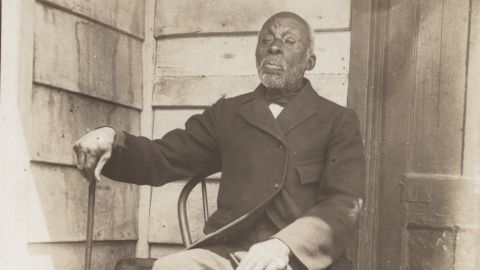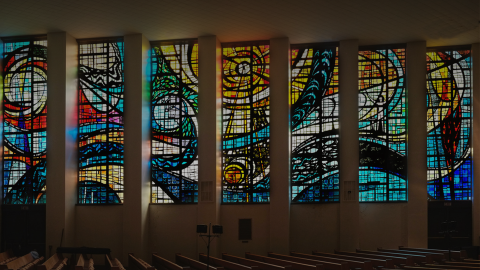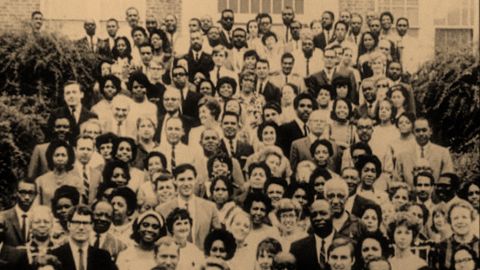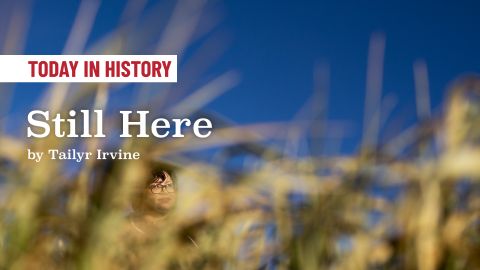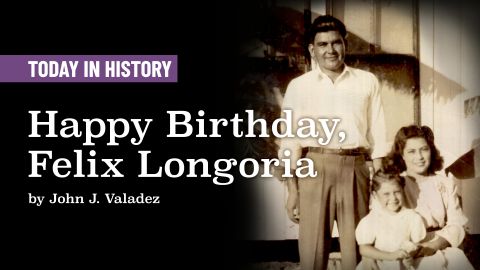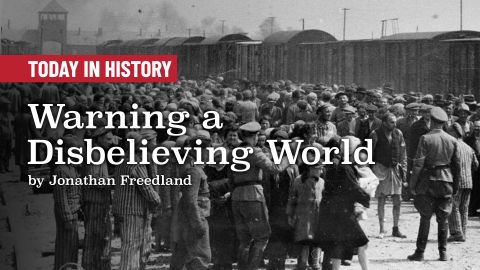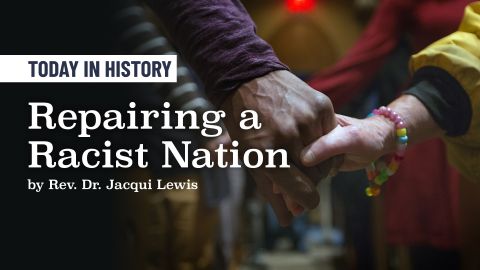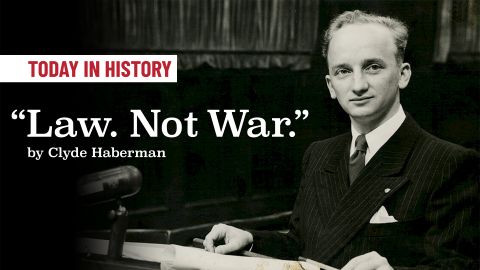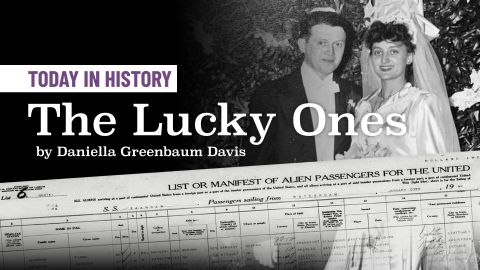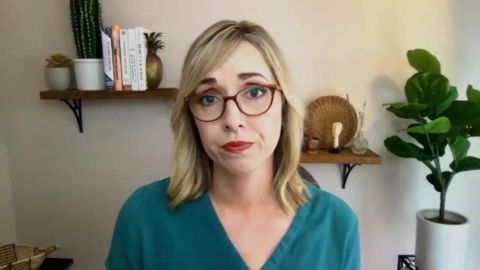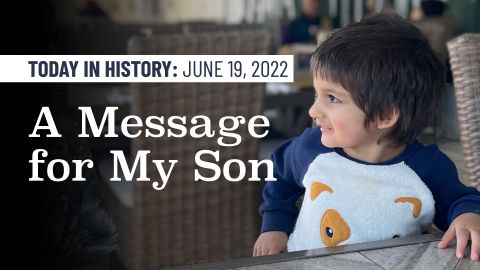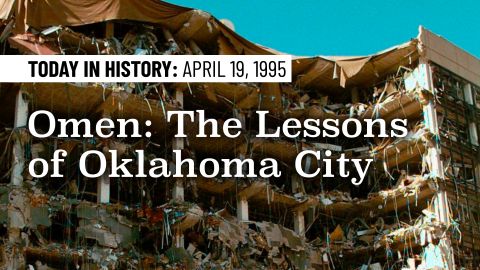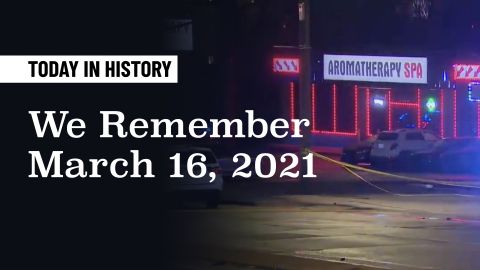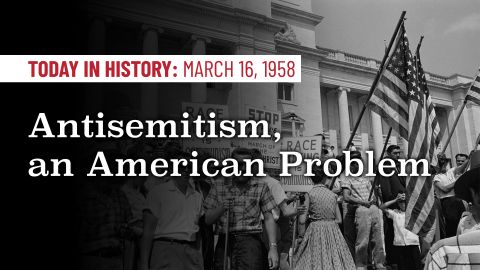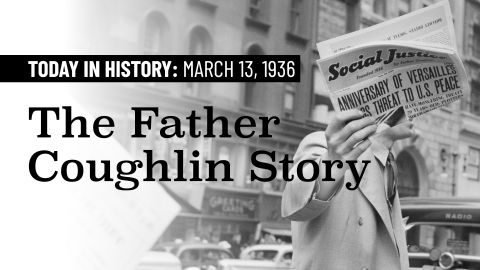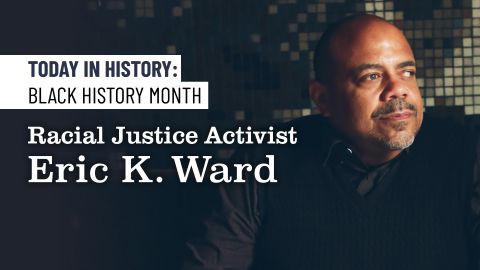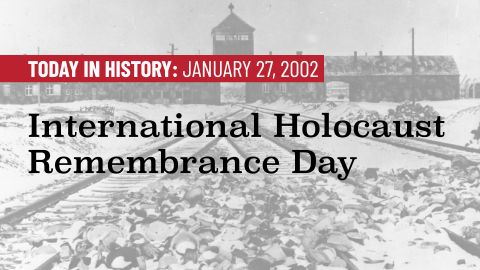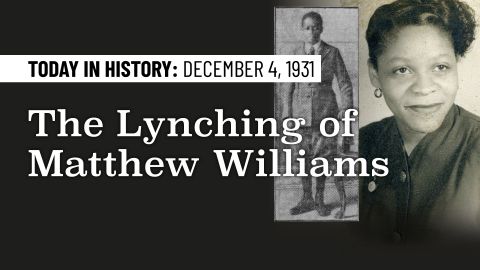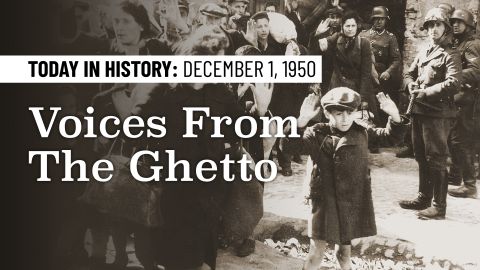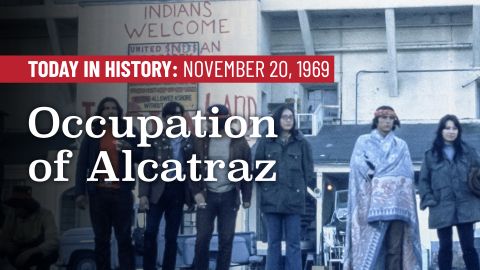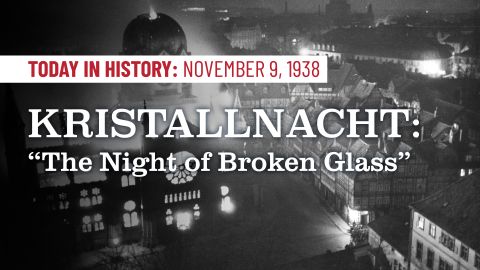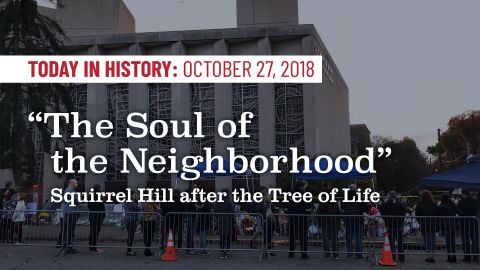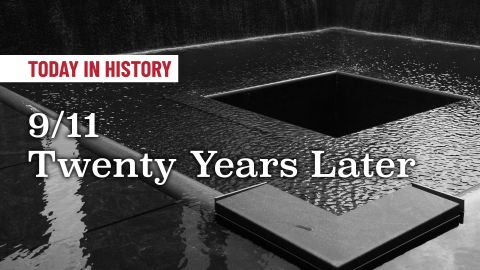“Modern-Day Nazi fighter” Amy Spitalnick on Suing After Charlottesville (Q+A)
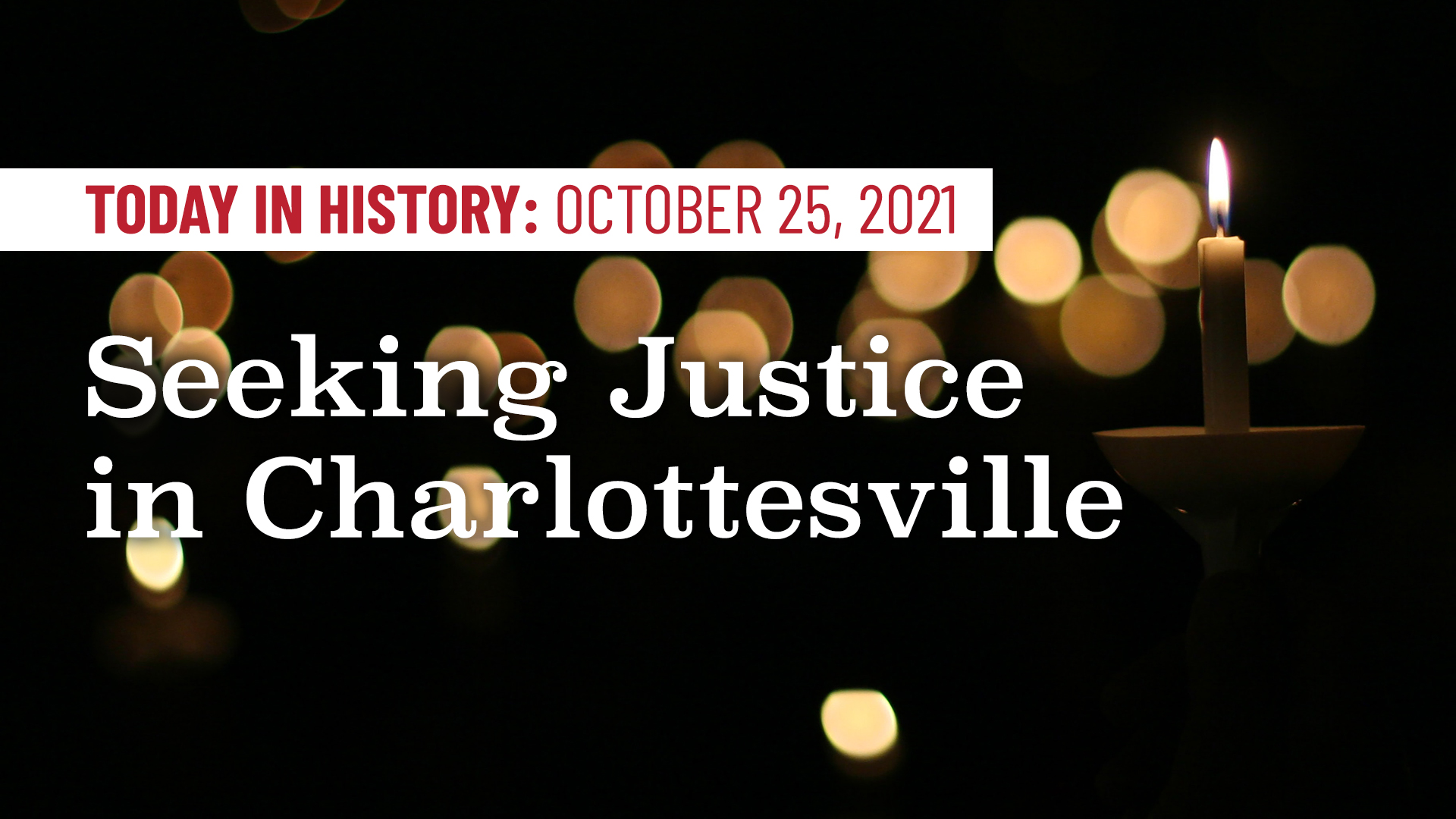
This interview has been edited and condensed for clarity.
You’ve been called a modern-day Nazi fighter. How is your work today connected to your family history?
I’m the granddaughter of Holocaust survivors. What was, for most of my life, a piece of history has now become a far-too-relevant cautionary tale of what happens when hate and extremism go unchecked. If you told me five or ten years ago that my job would be to sue Nazis, I would have thought you were crazy. But if we live in a world where that’s necessary. We have an incredible pro bono team of attorneys – led by Robbie Kaplan and Karen Dunn – who have been working tirelessly on behalf of our plaintiffs. I’m grateful and honored to be a part of this fight.
Why did the plaintiffs decide to sue the neo-Nazis who planned the Unite the Right rally in Charlottesville in 2017?
It was clear early on that the violence was no accident. The Discord social media chats leaked in the aftermath illustrate how well-planned it all was. Those chats included every possible detail, from what sort of bread to use for lunch to whether they could hit protesters with cars and claim self-defense. And all of these chats were replete with the most horrific antisemitism, racism, and other forms of hate – for example, “Next stop Charlottesville, final stop Auschwitz!”
It wasn’t a “clash.” It was a violent conspiracy, motivated by racial animus – and we have laws that are meant to protect against just that. But in 2017, with a DOJ then led by Jeff Sessions, it was especially clear that the federal government wouldn’t ensure the accountability and justice desperately needed after Unite the Right. Our team was on the ground within days, meeting with those injured, and in October 2017, just two months after the violence, our nine plaintiffs filed suit against the two dozen leaders and hate groups most directly responsible.
“What this tells us is that all of our fates are intertwined. No community is safe if even one community is unsafe.”
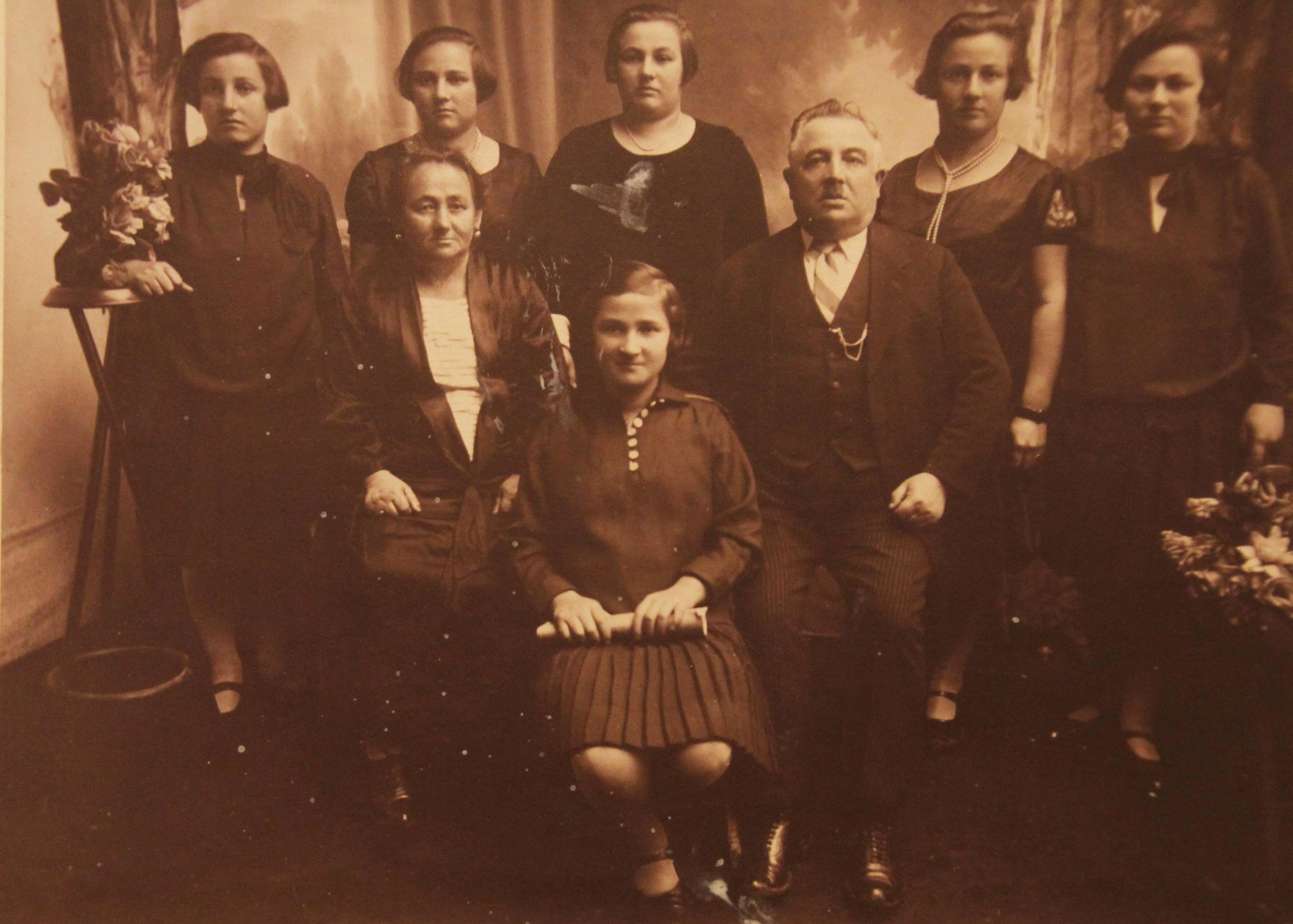
Front Row Center: Amy’s Grandmother Anna before the Holocaust. Her sisters (back row) did not survive.
The plaintiffs are a private citizen seeking justice through civil litigation. Tell us about the historical precedent you’re following?
There’s a strong history of using civil litigation to hold extremists accountable. The statute at the core of our lawsuit is called the Ku Klux Klan Act of 1871 – passed 150 years ago by the Reconstructionist Congress to protect against Klan violence after the Civil War. It was designed to deal with exactly the sort of racially-motivated conspiracy we saw in Charlottesville four years ago. It’s been used at crucial moments throughout our history to provide a means of recourse for people targeted by violent extremists. And a number of other plaintiffs have taken this case as inspiration to bring their own KKK Act lawsuits, for example in response to January 6th.
Klansmen used to wear white hoods and meet in the woods somewhere to plan their violence. The only major difference is that they’re now gathering online to plan violence, in social media chats – which have truly become the Klan den of the 21st century – and then going out into the real world to commit that violence.
But we are not powerless. We have tools to take action and make clear that violent hate won’t go without consequences. That’s exactly what this case is about.
What do you hope will come from this trial?
First and foremost, the goal here is to win justice for our plaintiffs and the community of Charlottesville, and ensure the defendants face accountability for their violent actions. By winning large financial judgments at trial, this case can effectively bankrupt and dismantle these groups and leaders – and make clear the consequences of this violent hate, serving as a deterrent to others.
There is also the larger impact of a trial like this – making clear the urgency of the crisis of white supremacy, educating the public about how these extremists operate, and hopefully serving as a wakeup call on the need for accountability and justice.
“I’m the granddaughter of Holocaust survivors … If you told me five or ten year ago that my job would be to sue Nazis, I would have thought you were crazy.”
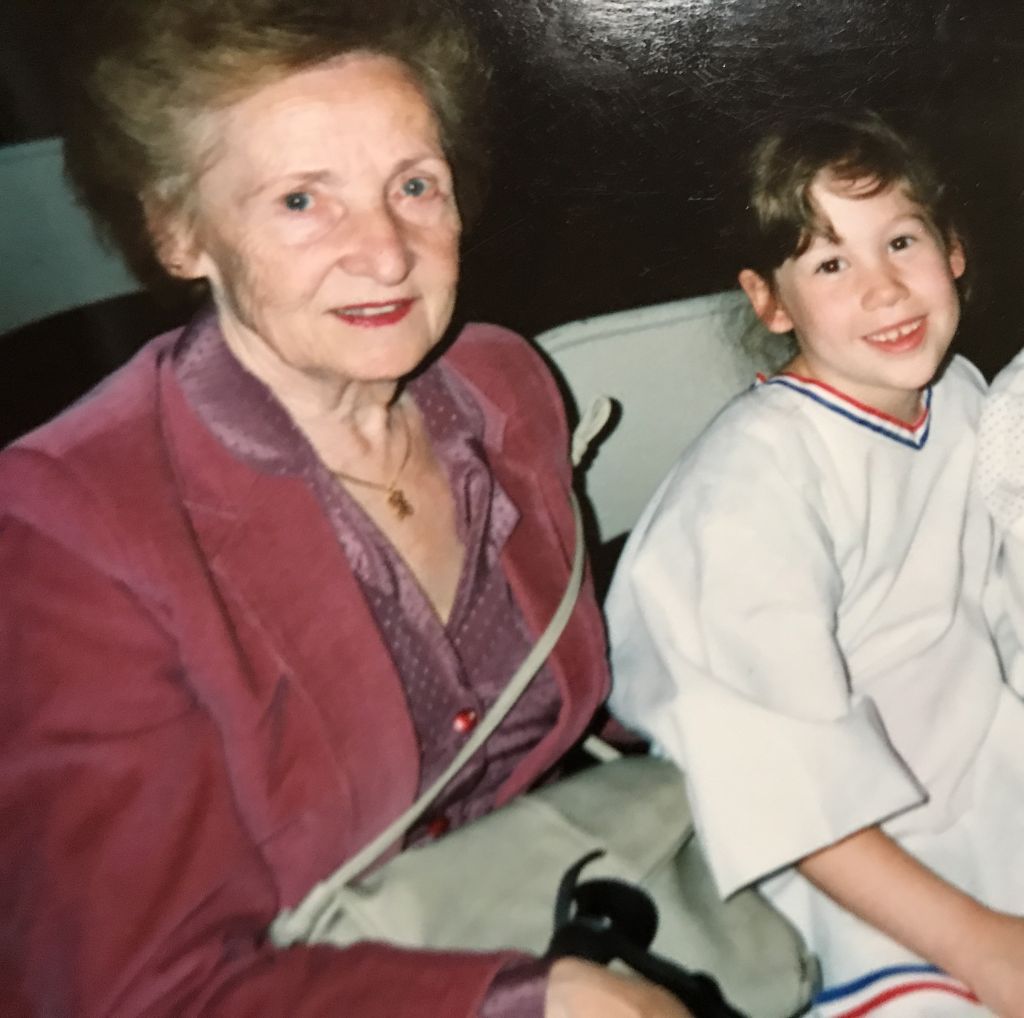
Amy at her kindergarten graduation with Anna
What conclusion can be drawn from the fact that you, the granddaughter of a Holocaust survivor, are fighting the same sort of evil here in this country several generations later?
The fact that we’re fighting the very same hate that claimed the lives of so much of my own family – and millions of others – should frighten and motivate everyone. And this lawsuit will make very clear how that hate fueled the violence four years ago.
It’s all the more important because, in the years since, we’ve seen a normalization of this extremism. We cannot let this become normal. We cannot let this hate and extremism continue to metastasize. And we can help stop it by making clear the consequences for violent hate.
You’ve said, “Our democratic institutions are more in danger than ever, unless we act.” Can you expand on this?
The white supremacist conspiracy theory that motivated Unite the Right – the Great Replacement – is the same conspiracy that motivated so many other acts of violence in recent years that have targeted countless communities.
This conspiracy suggests that Jews are the puppet masters orchestrating the replacement of the white race through support for Black and brown people, immigrants, refugees, and anyone else who doesn’t fit into the extremists’ vile, narrow definition of what this country should be. Hence, “Jews will not replace us” – or the more subtle but still-dangerous conspiracies that George Soros is funding a caravan of refugees, or that the country is being “stolen” or “overthrown” by “radical globalists” bringing in “illegal immigrants.”
What this tells us is that all of our fates are intertwined. No community is safe if even one community is unsafe. We can’t take on white supremacy or xenophobia or racism without taking on the antisemitism that helps animate it; and, likewise, we can’t take on antisemitism without taking on white supremacy or these other forms of hate.
Seeking Justice in Charlottesville highlights a historic event happening now.
Today in History features stories that probe the past and investigate the present to better understand the roots and rise of hate. The views and opinions expressed are those of the author.


